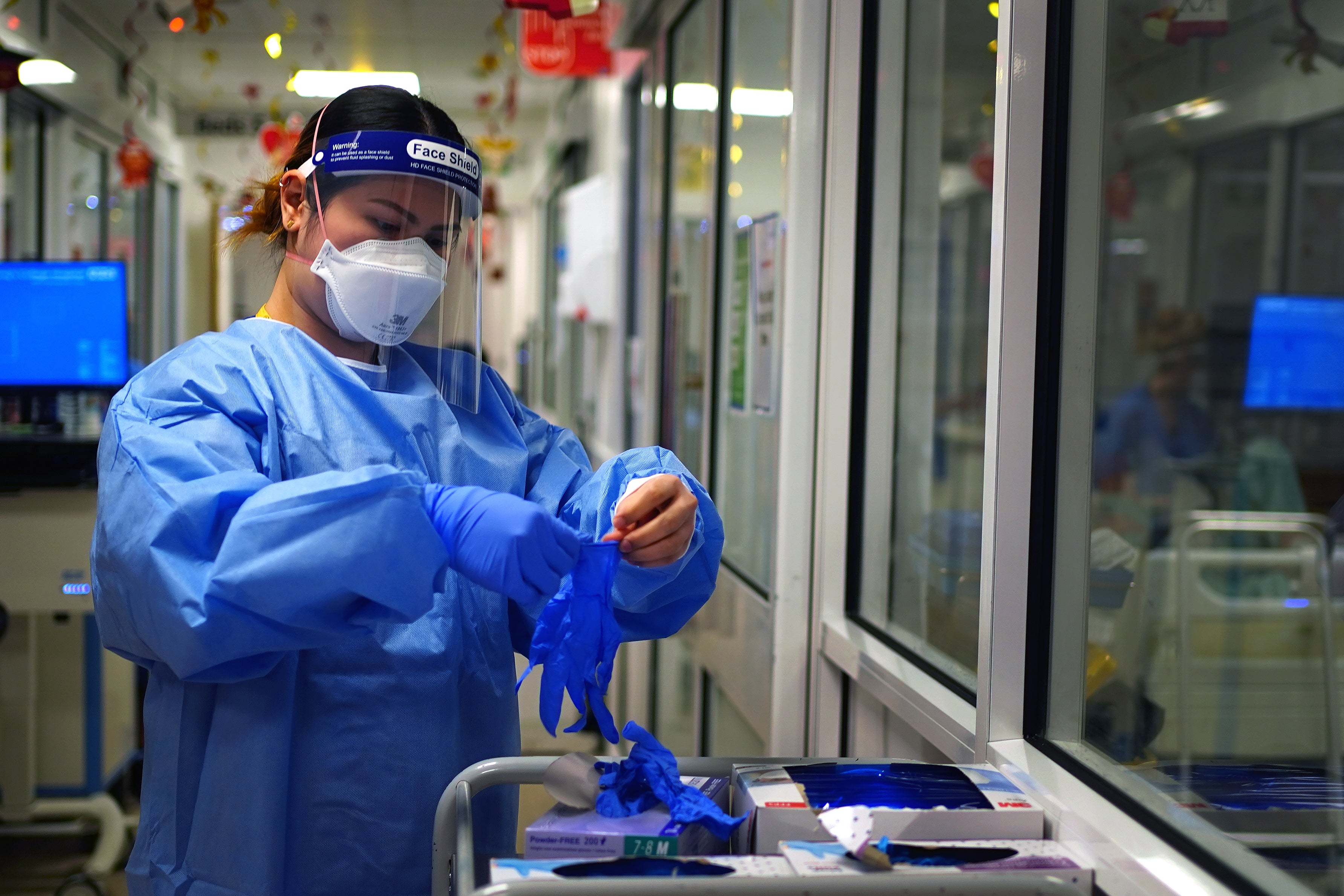Warning early flu wave could join Covid surge and monkeypox outbreak in triple threat
Health experts say they are planning for a flu wave to hit the UK as early as September
Your support helps us to tell the story
From reproductive rights to climate change to Big Tech, The Independent is on the ground when the story is developing. Whether it's investigating the financials of Elon Musk's pro-Trump PAC or producing our latest documentary, 'The A Word', which shines a light on the American women fighting for reproductive rights, we know how important it is to parse out the facts from the messaging.
At such a critical moment in US history, we need reporters on the ground. Your donation allows us to keep sending journalists to speak to both sides of the story.
The Independent is trusted by Americans across the entire political spectrum. And unlike many other quality news outlets, we choose not to lock Americans out of our reporting and analysis with paywalls. We believe quality journalism should be available to everyone, paid for by those who can afford it.
Your support makes all the difference.Britain is facing a triple threat of infections in the coming months after experts warned that they are planning for an early flu season as Covid and monkeypox cases rise.
Dr Susan Hopkins, chief medical adviser at the UK Health Security Agency, said flu season – which usually starts at the end of November – could begin as early as September.
It comes as cases of Covid and monkeypox continue to soar. Covid levels are approaching record levels and look set to climb amid the UK festival season.
An average of 285,507 people are being infected with the virus each day, according to the latest incidence figures from Zoe Covid Study – an increase of 27 per cent from last week.
As of Sunday 26 June, there were 1,076 cases of monkeypox across the UK, up by 166 on the previous Friday with health experts stating the outbreak is likely to spread further over the coming weeks.

It is feared that the early flu season – coupled with rising levels of Covid – could place further pressure on the NHS.
Britain has not had a flu season since before the pandemic and immunity levels are low as a result, experts say.
“We are planning for an influenza wave,” Ms Hopkins told a webinar hosted by the Royal Society of Medicine.
“While we normally don’t see influenza really kick off until the end of November to December, that might happen as early as late September-October – that’s what we’re planning for.”
Ms Hopkins said that she and her colleagues are watching Australia “very, very carefully”.
Flu season there started early and rose quickly among all age groups, she said.
“We will see at least one Covid wave in the autumn-winter, once we have got through the current wave,” Ms Hopkins added. “And for the next six months at least, we will have ongoing community transmission of monkeypox.”
Scientists believe the rise in Covid cases is being driven by BA.5 – an Omicron subvariant.
Professor Tim Spector, the lead scientist behind the Zoe research, said daily cases could soon exceed the 300,000 mark, “bringing us to levels seen during the height of the pandemic for the UK”.
A record 350,000 daily infections were reported in late March 2022.
“This variant is particularly good at immune escape, causing an increase in reinfections in people in spite of vaccines and natural immunity, particularly over the past few weeks,” Prof Spector said.
“With the large numbers of festivals happening, I predict rates will continue to rise for the next week or so.”
The Office for National Statistics has announced that its gold-standard Covid infection survey is being scaled down after more than two years.
Some scientists have questioned the decision-making behind the move as cases rise.
Professor Paul Hunter, of the University of East Anglia, said it was “mistake” that could mean experts are left “blind” to how much Covid is circulating in the population going into flu season.
Dr Jenny Harries, chief executive of the UKHSA, said: “The world-leading Covid-19 Infection Survey will work alongside surveillance programmes in care homes and the NHS to help continue to monitor coronavirus and its effects.”



Join our commenting forum
Join thought-provoking conversations, follow other Independent readers and see their replies
Comments